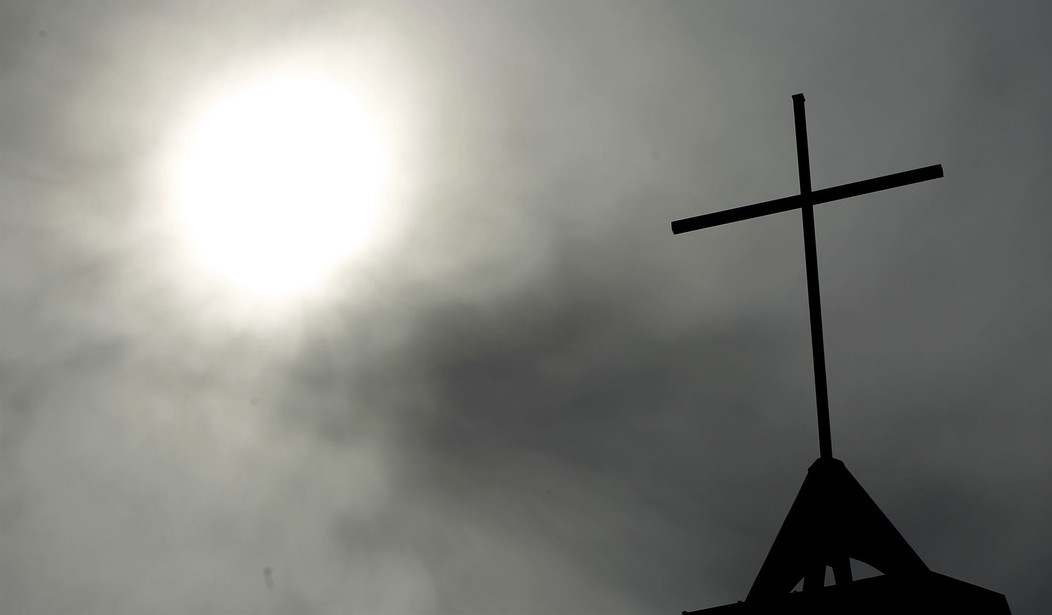ORLANDO -- There are recent American college graduates teaching in Iraq, due to an exchange program between the Chaldean Catholic Archdiocese of Erbil and the Franciscan University of Steubenville in Ohio.
But just the other day, a Nigerian seminarian was burned alive as his rectory was attacked. This kind of thing is a common occurrence in Nigeria.
Christianity in Iraq, on the other hand, is in a different place, on the other side of the ISIS genocide that drove most of the Christians from Mosul to Erbil, near Kurdistan. When it comes to the persecuted Church, Iraq is a hopeful story, if a work in progress.
"ISIS is defeated, Christ is victorious," Archbishop Bashar Warda tells me. "The Church is back again. Mass is back again."
Warda, who established the exchange program with Franciscan University, says it has helped change how young Iraqis see Americans. At first, many of his people thought the students coming to teach them must have been desperate for jobs. But as the Iraqis got to know the American teachers, they saw real faith, talent and generosity. The young people are coming because "they want to serve the needs of the Church. They show the beauty and kindness of American Catholics," Warda says.
During the genocide, Warda was able, with the help of the Knights of Columbus and Aid to the Church in Need, to establish a Catholic university and a hospital, among other things, for the people who wound up on his doorstep as refugees from ISIS. He was able to help Christians see a future in Iraq -- education for children and jobs for their parents. Warda credits good priests like then-Father (now Bishop) Thabet Habib Yousif Al Mekko for doing the difficult work of "accompanying his people through that long, painful road." (Both Warda and Thabet were in Orlando for the annual Knights of Columbus convention this summer.)
Recommended
This is no small thing. In 2014, Iraqi Christians understandably were tempted to think "this is the end ... That there is no future for them in Iraq," Warda remembers.
I'm always impressed by the fact that Christians in Iraq didn't try to hide their faith when ISIS moved in. They could have pretended. But Thabet says that would have been impossible: "Our language is Christian language. Our customs, our culture is Christian. We cannot separate our identity from Christ. If we do, we will die."
"When ISIS came in, they showed themselves powerful, taking over so many villages and cities and saying to our people: Choose Islam or taxation or find the sword. The Christians said: We choose Christ, and they left everything and came with nothing but Christ."
And while they are not under threat of genocide now, that doesn't mean Iraqi Christians don't have challenges. Bishop Thabet emphasizes the second-class status Christians have as a minority in a country not immune to corruption. They also deal with everyday challenges -- like electricity bills.
Many Christians in the United States do not even realize that there have been Christians in Iraq since the beginning of Christianity. Thabet wants Americans to know that his people have been there and continue to be there. He wants us to remember Middle Eastern Christians, and to help them however we can.
Nigerian Christians need our support, too. But their troubled situation will require a long road and a lot of work. Iraqi Christians have palpable hope on their side. And the West has a chance to play a part in helping them assure a future for Christianity there -- something that is good for everyone in Iraq, as the Christians there serve all who need help, regardless of their faith.
(Kathryn Jean Lopez is senior fellow at the National Review Institute, editor-at-large of National Review magazine and author of the new book "A Year With the Mystics: Visionary Wisdom for Daily Living." She is also chair of Cardinal Dolan's pro-life commission in New York, and is on the board of the University of Mary. She can be contacted at klopez@nationalreview.com.)

























Join the conversation as a VIP Member